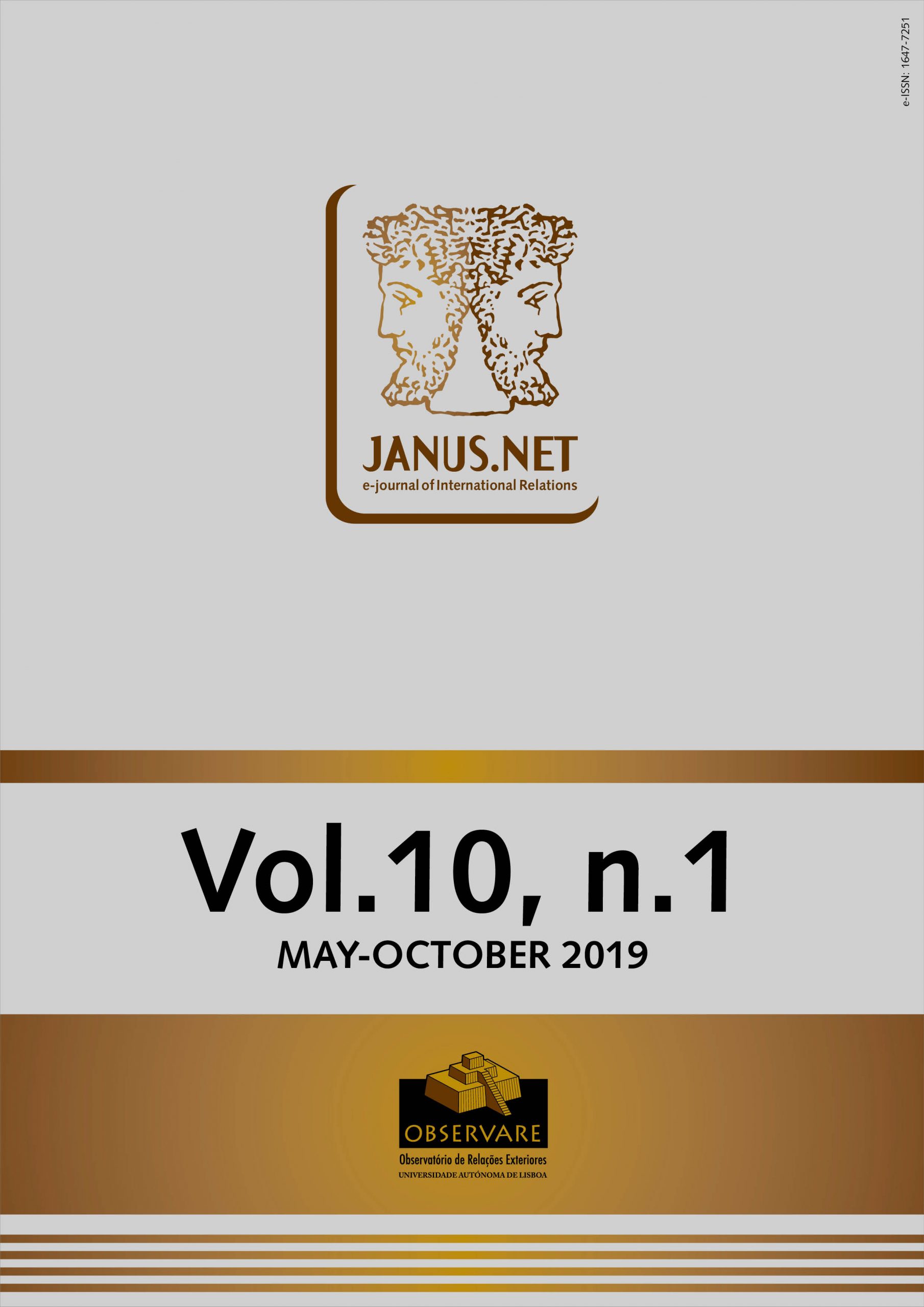This article consists of a review of Jürgen Habermas’s discussions of the dilemma posed by human global interdependence to the possibility of democratic politics. According to Habermas, since the Second World War, and in a process that has become only more pervasive since the end of the Cold War, human societies have been brought into increasingly tighter and more complex political, social and economic networks of interdependence that have ultimately undermined the capacity of state-based democratic publics to have some degree of influence over their conditions of existence. From a critical international theory perspective, Habermas’s argument highlights the fundamental contemporary challenge faced by the social sciences in general, and International Relations (IR) in particular. From that perspective, the fundamental task of IR is not only to explain world politics, but also to orientate social and political practice towards an expansion of democratic control over them. The purpose of this article is to show how Habermas’s work makes a fundamental contribution to improve that critical orientating role of IR. The article connects Habermas’s more recent political writings on the European Union (EU) and the United Nations (UN) with his earlier work on the development of a theory of social evolution. In doing so, it shows how Habermas’s work can constitute the basis for an approach to the study of world politics that both understands how the present dilemma between global complexity and democracy came to be the defining feature of the present stage of human development, and that discloses the immanent potential gathered by modernity for a radical expansion of democratic politics to the level of world politics.
JÜRGEN HABERMAS AND THE DEMOCRATIZATION OF WORLD POLITICS
Invited Assistant Professor of International Relations at the University of Coimbra and the University Beira Interior (Portugal). He is also an Online Teaching and Research Assistant with DiploFoundation, University of Malta and an Associate Researcher with the Orient Institute. He holds a PhD in International Politics from Aberystwyth University. His areas of expertise include International Relations Theory, with a focus on Critical International Theory, Historical Sociology and East Asia studies. Amongst his recent published work, he is the editor of Climate Change, Moral Panics and Civilization, authored by Amanda Rohloff and published by Routledge, and of ‘Singapore’s use of education as a soft power tool in Arctic cooperation’, co-authored with Danita Burke and published in the Asian Survey.
Resumo
Palavras-chave
Como citar este artigo
Saramago, André (2019). “Jürgen Habermas and the Democratization of World Politics”. JANUS.NET e-journal of International Relations, Vol. 10, N.º 1, May-October 2019. Consulted [online] on the date of the last visit, https://doi.org/10.26619/1647-7251.10.1.2
Article received on 15 December, 2018 and accepted for publication on 26 February, 2019















